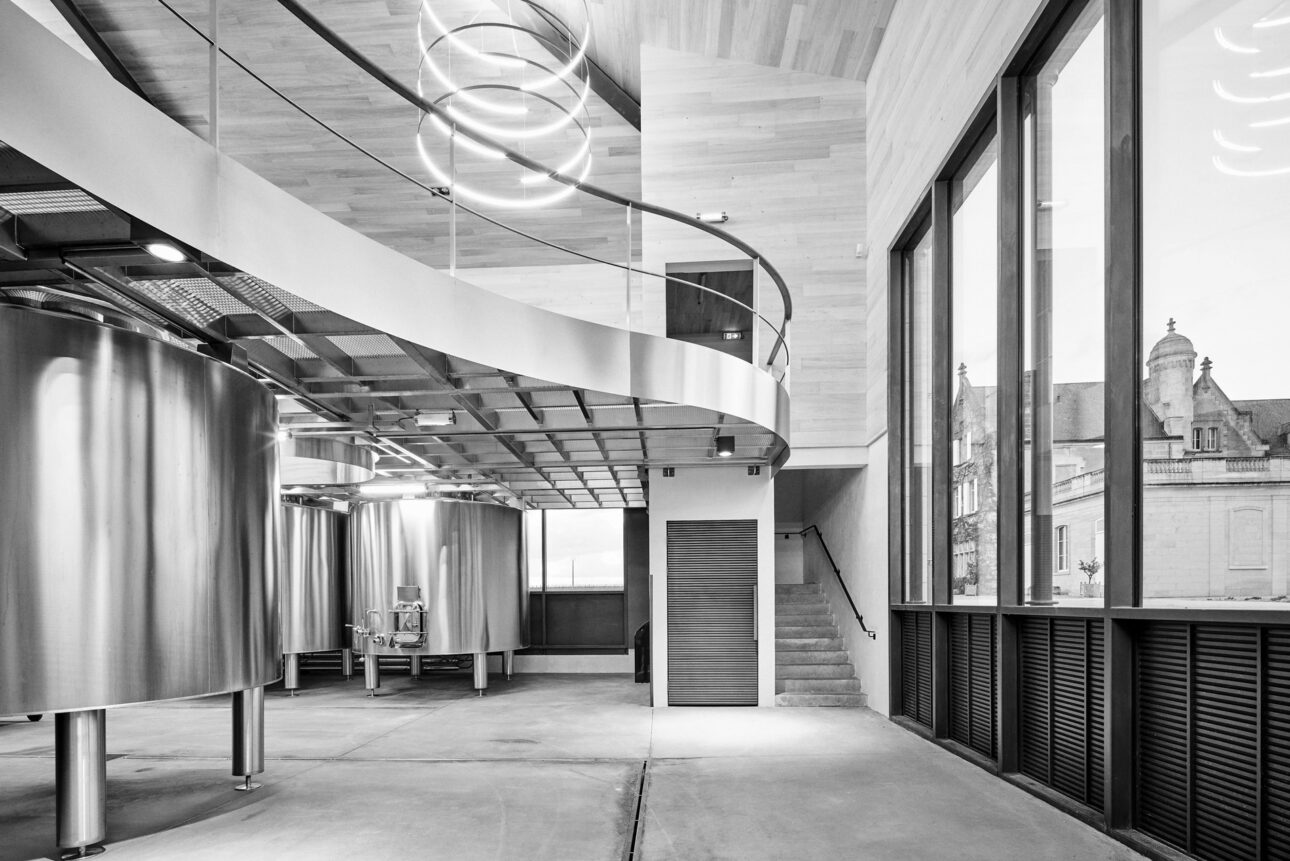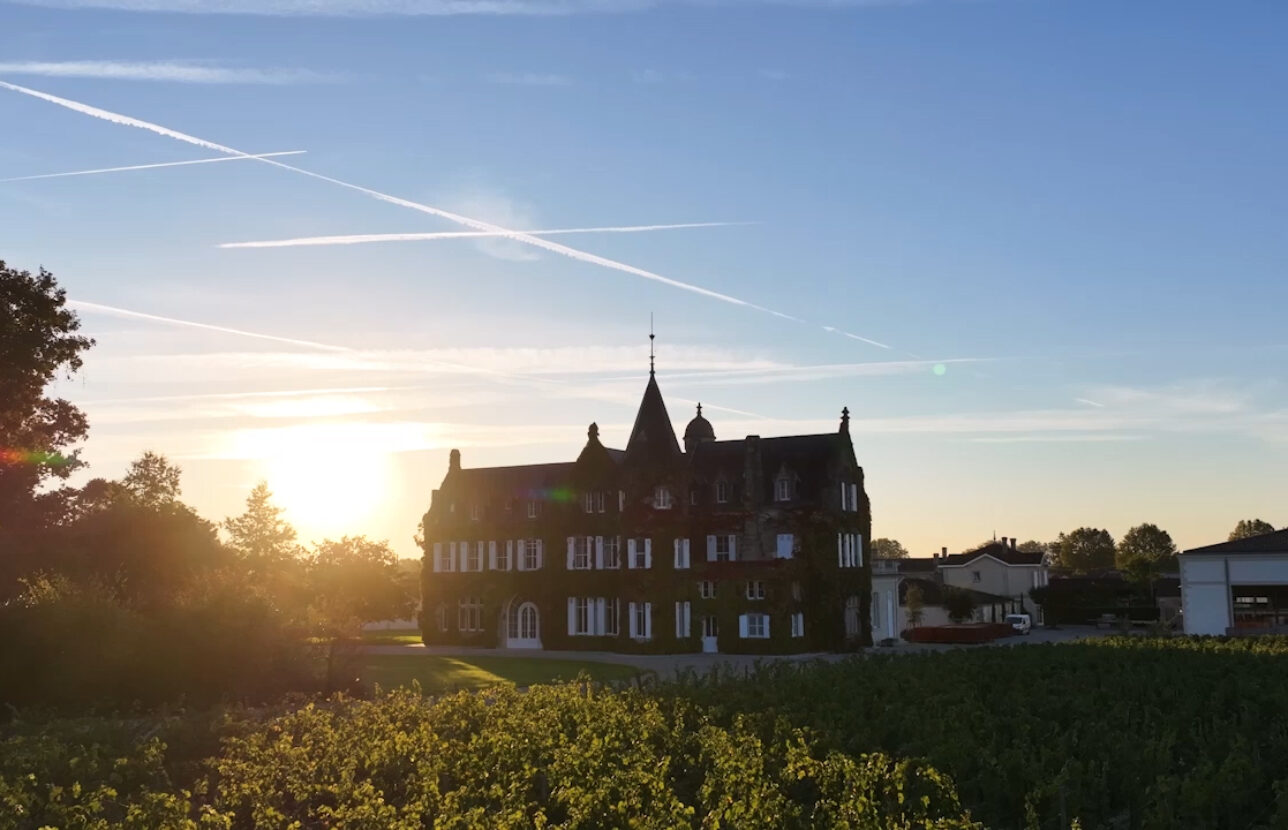
Renewal
The Lawrence family, owners since 2022, want Lascombes to be part of the great Bordeaux tradition.
They have entrusted Axel Heinz and his team with the task of bringing the family’s vision to life.

The Lawrence family
Love for Bordeaux,
ambition for Lascombes
When he acquired Lascombes in 2022, Gaylon Lawrence, Jr. seized the opportunity of a lifetime for a lover of fine wines. Just as a violinist would seize the chance to practise their
art with a Stradivarius or a Guarnerius, those rare masterpieces of 18th-century Italian violin making.
Margaux is “a name that inspires dreams all over the world, especially in America” and Lascombes seemed an obvious choice.
“Among the world’s great red wine producing regions, Bordeaux is unrivalled in its ability to consistently produce wines of very high quality and ageing potential.”
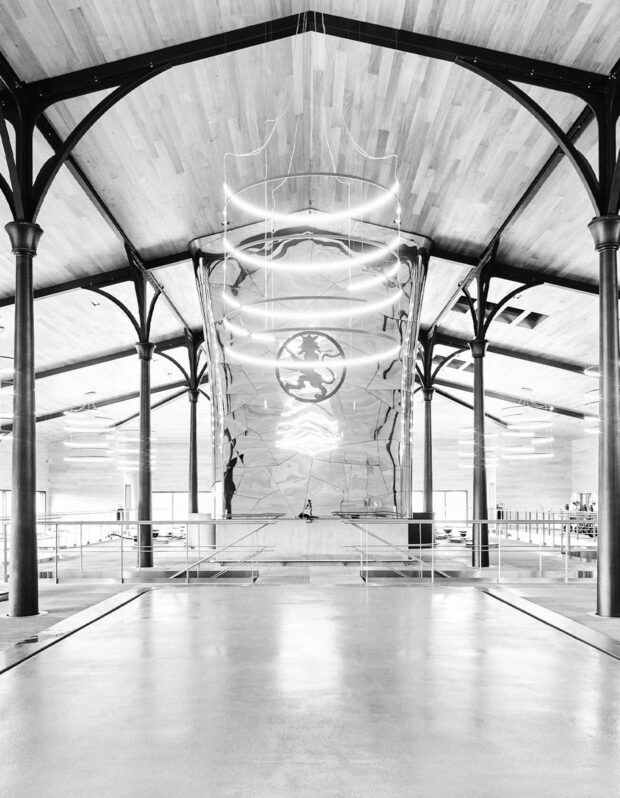
A long-term commitment
In the renowned estates they own in the Napa Valley, the Lawrence family consistently demonstrates a commitment to the expression of a true sense of place.
And to one word that characterises their vision: quality; quality first and above all else.
The ambition for future Lawrence generations at Lascombes is to raise the Grand Vin to the highest level of quality that truly reflects the terroir, in keeping with its heritage as one of the finest wines in Margaux and the Médoc.
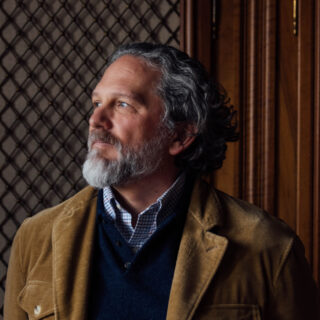
Axel Heinz
winemaker & ceo
Father from Munich, mother from Bordeaux.
An extraordinary career, including 17 years at the helm of iconic super-Tuscans.
A unique voice in the world of wine.
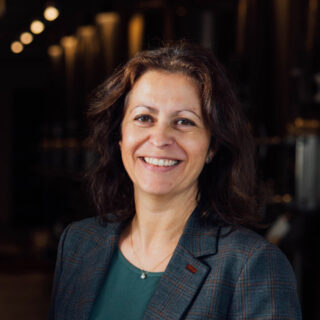
Delphine Barboux
technical director
A family history that began in the Loire Valley.
A pioneering woman winemaker, emblematic of the region, who has always been loyal to Lascombes.

David Houdet
vineyard manager
Médoc native by adoption since childhood.
First the instinctive call of nature.
And the choice of wine, in the cellar and then in the vineyard for 22 years.
An open book on the region.
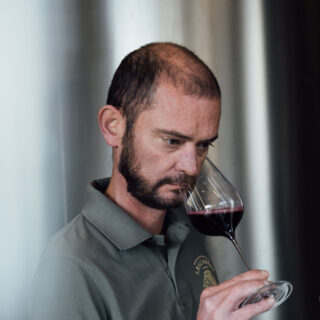
Jérôme Le Roux
cellar master
A Breton who “fell” into wine.
20 years perfecting his art in the village of Bages.
A quest for emotions.

Karine Barbier
director of communication
From Jura and passsionate about wine culture.
A natural gift for meeting people.
A thirst to pass on and share the soul of Lascombes.

Vincenzo d’Andrea
sales director
The most Bordelais of Tuscans.
A rare blend of academicism and artistic sensibility, classicism and offbeat epics.
A fine cultural mediator of wine.
Philosophy in the vineyard
and the winery
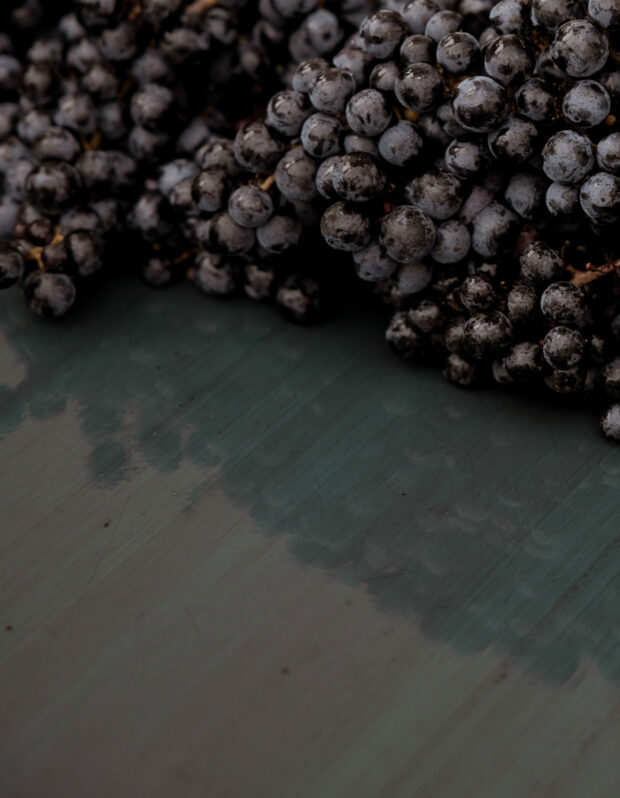
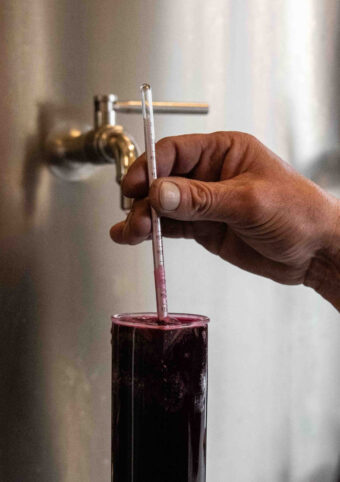
Character, uniqueness, respect
The initial focus was naturally on the vines and the estate’s historic plots. Restructuring is underway for the Cabernet Sauvignon, the Médoc’s emblematic grape variety.
The rare heritage of old vines available here – up to 70 years old – provides excellent material for massal selection.
Expressing character also means revealing the incomparable mosaic of Margaux’s terroirs, the signature of the complexity of its wines, of which the Lascombes vineyard is perhaps the best representative.
High-precision viticulture is the key to achieving this.
“Nature reigns. I like to listen to the raw material in each plot.
It expresses itself in a way that is unique to each vintage, and you can’t go against it.”
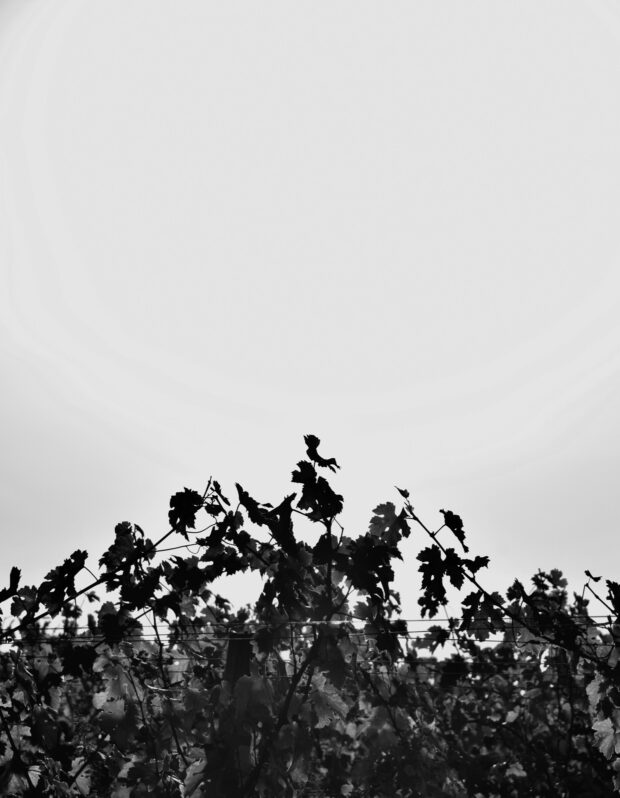
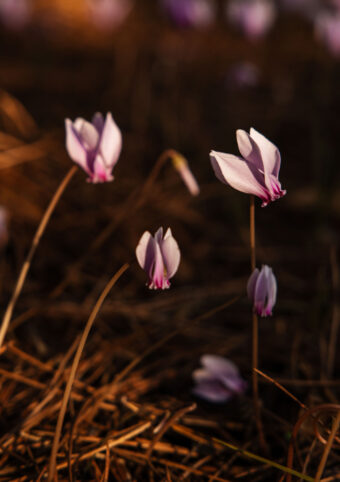
Engagement
Throughout the vineyard, the first steps – grassing, and green manures (clover, cereals, pulses) – also confirm a commitment that is profound without being dogmatic to preserving the environment and biodiversity.
Hedges, plant cover and other agroforestry practices will soon be making their way into the landscape.
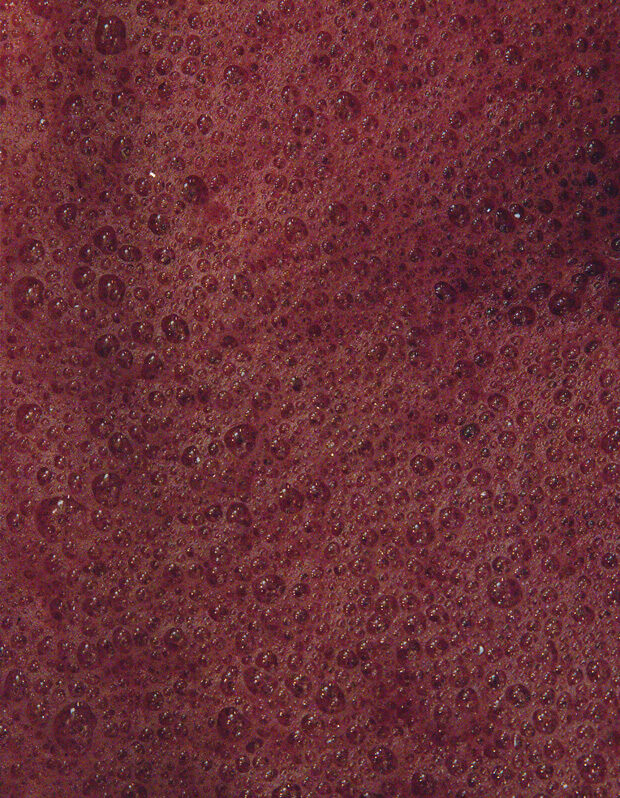
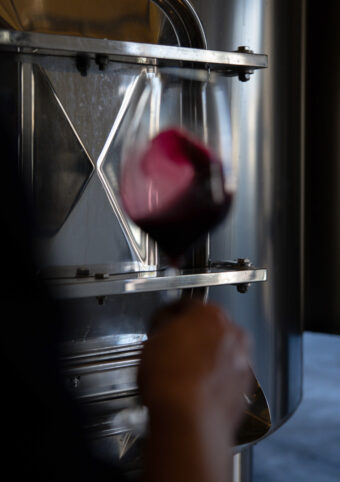
Meticulous selection
and redefinition
of the winemaking process
During the manual harvests, the selection is rigorous to preserve the most vibrant fruit.
Since the 2023 vintage, the vinification process has been redefined, favouring gentle extractions – by infusion – that are carefully monitored to reveal the finesse and silkiness of the tannins.
The maceration times, ranging from 20 to 30 days, are also determined “by palate” for each plot.

A state-of-the-art tool
The blends have begun to be refined, with the idea of bringing a little more straightforwardness and structure to Château Lascombes.
“We undertook an internal research project. Our concern for precision means isolating certain rows and using microvinifications to bring out the best in intra-plot diversity.”
Ageing times vary depending on the wine. Mainly in barrels, with variable proportions of new oak adapted to each wine, and small percentages in tuns and amphorae.
The aim is to achieve the best balance between purity of fruit and structured, yet polished tannins.
